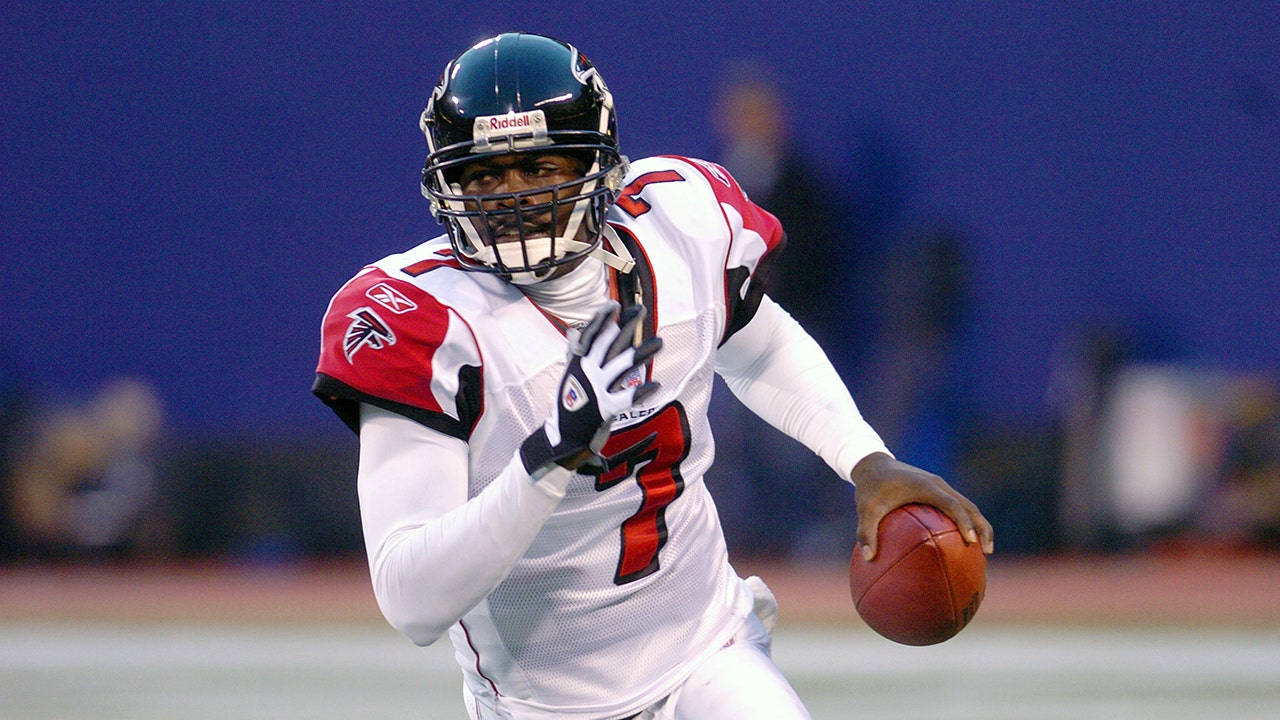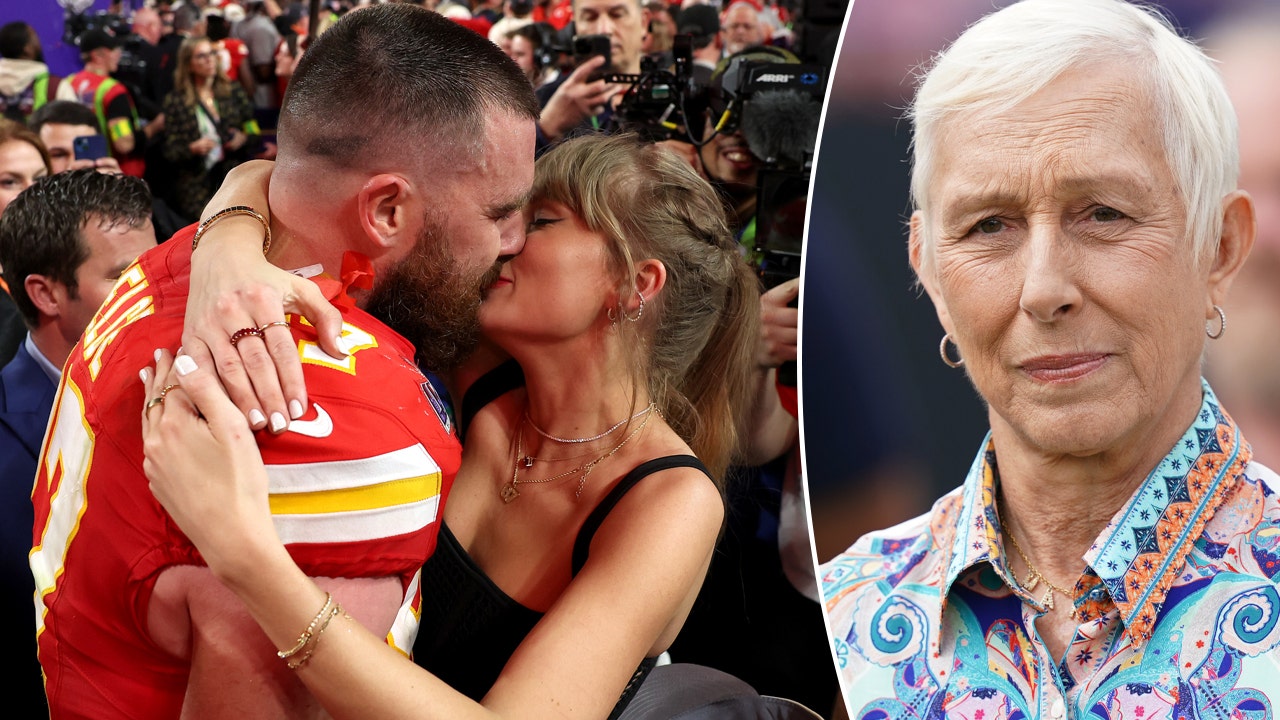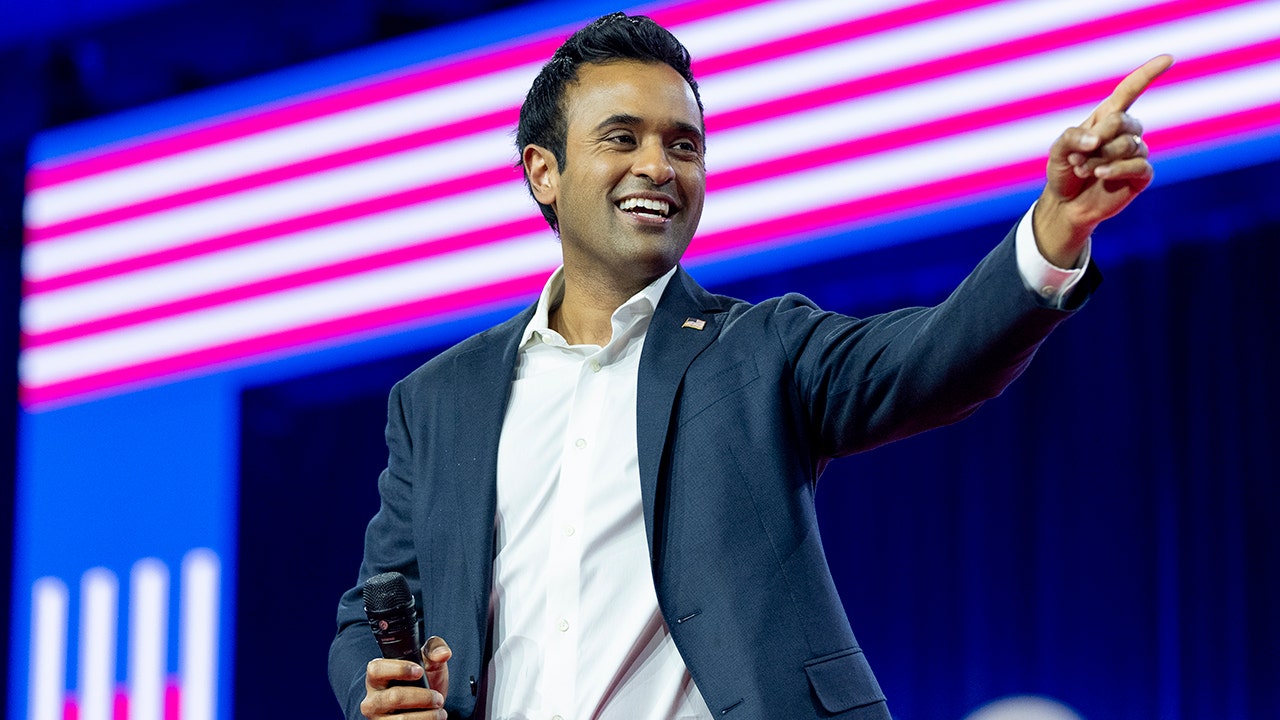The stars came out in October. Some performed up to expectations. Others fell flat and brought their teams down with them. Our All-Postseason team reveals the secret to the New York Mets’ surprisingly deep run (their infield was excellent), the New York Yankees’ first pennant in 15 years (a productive top half of the lineup) and the Los Angeles Dodgers’ eventual World Series championship (versatility and flexibility from the position players to the pitching staff). Position by position, these were the best players in October.
Catcher
No other postseason catcher had an OPS better than .678, and beyond the power Higashioka provided, he also called games for the pitching staff with the lowest postseason ERA (3.54) of any National League team (by almost a run). The Baltimore Orioles’ Adley Rutschman had only one hit, the Philadelphia Phillies’ J.T. Realmuto had none, and Yankees Rookie of the Year candidate Austin Wells struck out 22 times. Will Smith hit three home runs for the Dodgers but batted just .143.
First base
- Pete Alonso, Mets
12-for-44, 4 HR, 10 RBIs, 12 walks, 2 SB, .999 OPS
We can’t ignore the fact Dodgers first baseman Freddie Freeman was the World Series MVP and had a whopping 13 RBIs in the playoffs, but Freeman was so bad in the early rounds — one RBI while playing on a bad ankle — that his postseason OPS was a good-not-elite .810. Alonso and Phillies first baseman Bryce Harper (1.279 OPS) provided more bang for the buck at the position.
PETE ALONSO!!!!!!!!!!!!! #POSTSEASON pic.twitter.com/LzgpxTWUzN
— MLB (@MLB) October 4, 2024
Second base
- Gleyber Torres, Yankees
14-for-58, 10 runs, 2 HR, 10 BB, .745 OPS
Torres built upon his strong second half to deliver far more walks than strikeouts (7) in the postseason while doing a good job setting the table for the major run producers in the heart of the Yankees lineup. With the Houston Astros (Jose Altuve), Atlanta Braves (Ozzie Albies) and Phillies (Bryson Stott) eliminated early, this just wasn’t a great postseason for second basemen. (And, frankly, Altuve, Albies and Stott didn’t do much in the games they did play.)
Third base
Vientos struck out a lot, but he also was one of the breakout stars of the postseason with the second-most October home runs for the surprisingly competitive Mets. The Cleveland Guardians’ José Ramírez, probably the most accomplished third baseman in the game, hit just .229 but with enough walks (7) and extra-base hits (5) to finish with an .850 OPS. Dodgers third baseman Max Muncy had a terrific NLCS (.630 OBP) but went hitless in the World Series. Jazz Chisholm Jr. hit just .182 for the Yankees but did lead the postseason with six stolen bases.
Shortstop
Guardians rookie Brayan Rocchio (.906 OPS) made this a close call, but Lindor delivered bigger moments. He wound up tied for the fifth-most runs and seventh-most walks. He did a little of everything. Kansas City Royals phenom Bobby Witt Jr. had a couple of huge games in the wild-card round but didn’t so much in the Division Series. He and the Orioles’ Gunnar Henderson didn’t have nearly the impact we might have expected following their standout regular seasons.
FRANCISCO LINDOR. GRAND SLAM. #NLDS pic.twitter.com/CdKuEVOfT3
— MLB (@MLB) October 9, 2024
Left field
- Steven Kwan, Guardians
16-for-42, 10 runs, 6 BB, 2 SB, .863 OPS
There’s temptation to simply choose two right fielders, but Kwan did the things he does best to have an impactful postseason. He hit .381 with a .458 on-base percentage as a relentless leadoff hitter for the Guardians. Dodgers cleanup hitter Teoscar Hernández (3 HR, 12 RBIs, .769 OPS) and Milwaukee Brewers rookie Jackson Chourio (2 HR in three games) were the only other left fielders to really do much in the playoffs.
Center field
Hernández also played some second base and third base, but he got most of his starts in center field, and frankly, there just weren’t a lot of pure center fielders who stood out this postseason. The Braves’ Michael Harris and Orioles’ Cedric Mullins were productive, but they played only two games apiece. Padres rookie Jackson Merrill and Guardians trade addition Lane Thomas were also worth considering. Aaron Judge, the Yankees’ favorite for MVP, finished with three home runs, 20 strikeouts and a .752 OPS.
Right field
- Juan Soto, Yankees
16-for-49, 12 runs, 3 2B, 4 HR, 14 BB, 1.102 OPS
There is no shortage of All-Postseason candidates in right field, but we’ll go with Soto for displaying his all-around offensive game while leading the Yankees to a pennant. Feel free to disagree, though, because Padres right fielder Fernando Tatis Jr. had a 1.500 OPS (the highest of anyone who played more than three games), and Dodgers right fielder Mookie Betts had a .952 OPS while tying for the postseason lead in doubles (5) and RBIs (16). Nick Castellanos had a 1.059 OPS for the Phillies, Sal Frelick had a 1.091 OPS for the Brewers, and Jorge Soler homered and reached base three times in his two games for the Braves.
Designated hitter
Stanton is not the regular-season MVP candidate he was in his prime, but at 34, the guy still has a ton of power. He led the postseason in home runs and tied for the lead in RBIs (including a homer and two runs batted in while trying to keep the Yankees alive in World Series Game 5). The Guardians’ David Fry, Detroit Tigers’ Kerry Carpenter and Astros’ Yordan Alvarez were also productive this postseason. Dodgers superstar Shohei Ohtani hit three home runs but also tied with Yankees catcher Austin Wells for the most postseason strikeouts with 22. Of course, it was Ohtani and not Stanton who wound up with a ring.
Aaron Boone said it best …
“BANG!” #WorldSeries pic.twitter.com/FUugFcOIRX
— MLB (@MLB) October 31, 2024
Utility
- Tommy Edman, Dodgers
20-for-61, 12 runs, 2 HR, 13 RBIs, 5 SB
The leader in postseason hits got there while starting 12 games at shortstop and four games in center field. Edman’s versatility proved essential when regular Dodgers shortstop Miguel Rojas got hurt and the team had to move some pieces around. The Tigers also had some success moving key players to different positions (Matt Vierling, Andy Ibañez), but it was the Dodgers who rode the versatility of Edman, Hernández and Muncy all the way to a championship.
Starting pitchers
- Gerrit Cole, Yankees
1-0, 5 G, 29 IP, 22 K, 1.28 WHIP, 2.17 ERA
The postseason leader in innings pitched had a 0.71 ERA in the World Series and might have kept the Yankees alive in Game 5 if not for a brutal fifth inning (in which, admittedly, Cole made one of the defensive mistakes). All told, though, Cole was a workhorse who finished second to teammate Carlos Rodón in postseason strikeouts (Rodon had 25 Ks but a 5.60 ERA).
- Tarik Skubal, Tigers
1-1, 3 G, 19 IP, 20 K, 0.79 WHIP, 2.37 ERA
A predictably dominant October for the pitcher who might be the best starting pitcher in the game today. Skubal opened this postseason with 17 consecutive scoreless innings, a streak that ended in the fifth inning of ALDS Game 5 when Skubal hit a batter with the bases loaded before Lane Thomas hit a grand slam that basically gave the Guardians the series.
- Yu Darvish, Padres
1-1, 2 G, 13 2/3 IP, 7 K, 0.66 WHIP, 1.98 ERA
Darvish pitched only twice, and one of those was a loss that knocked the Padres out of the playoffs, but it’s hard to pin that on his shoulders. Darvish limited base runners as well as anyone this postseason, and in that must-win Game 5 of the Division Series, he went 6 2/3 innings allowing two runs on three hits and a walk. Both runs came on solo homers. He was good in both of his starts, while some other notable postseason starters — Jack Flaherty, Yoshinobu Yamamoto, Michael King, Sean Manaea — blended excellent outings with total duds.
- Matthew Boyd, Guardians
0-0, 3 G, 11 2/3 IP, 14 K, 1.11 WHIP, 0.77 ERA
Certainly the least likely starting pitcher on our All-Postseason team, and arguably the least likely player, period. Boyd, 33, has not had a full, healthy season since 2019, and he made only eight starts in the regular season. But he had the third-highest Win Probability Added in the playoffs (and the highest among starters). He also had the lowest postseason ERA among those with at least 10 innings pitched. His numbers were very similar to Royals starter Cole Ragans (10 IP, 1.10 WHIP, 0.90 ERA).
Closer
- Luke Weaver, Yankees
15 1/3 IP, 4 saves, 16 K, 0.65 WHIP, 1.76 ERA
Twelve pitchers threw at least 13 innings in the postseason. All were starters except Weaver, who appeared in all but two Yankees games, averaged more than an inning per game, led the postseason in saves, and had the lowest WHIP of anyone who threw more than five innings. Weaver led the postseason in Win Probability Added by quite a bit. Royals closer Lucas Erceg (3 saves, 3.00 ERA) was second.
Relievers
- Blake Treinen, Dodgers
9 G, 12 1/3 IP, 2-0, 3 saves, 18 K, 1.30 WHIP, 2.19 ERA
Treinen had only one save in the regular season, but he became a kind of closer in the playoffs. The Dodgers basically tried to save him for the ninth inning, but they mostly just looked for high-leverage opportunities, a role that was capped by his gutsy 2 1/3 innings in World Series Game 5. Treinen finished with the most strikeouts of any reliever this postseason. (There was also a lot to be said for Dodgers bullpen mates Anthony Banda, Alex Vesia and Evan Phillips, each of whom finished top 20 in postseason Win Probability Added).
- Cade Smith, Guardians
9 G, 10 IP, 16 K, 2 BB, 0.70 WHIP, 3.60 ERA
One bad game wrecked Smith’s postseason ERA, but he still had the second-lowest WHIP of any reliever with at least two appearances. The Guardians rookie allowed just five hits, and three of his four runs came on one swing by Stanton. Otherwise, Smith was dominant. His teammate Tim Herrin (1.08 ERA, 1.32 WHIP) was also very good. As were Yankees reliever Clay Holmes (pitched in 13 of 14 games with a 2.25 ERA) and Tigers Beau Brieske and Will Vest (who were crucial in Detroit coming within a game of playing for the pennant).
Swingman
- Walker Buehler, Dodgers
4 G, 1-1, 1 save, 15 innings, 13 K, 1.13 WHIP, 3.60 ERA
Ten different pitchers worked as both starters and relievers this postseason, often to great effect. The Dodgers had four different bullpen games with three different openers, and the Mets (with David Peterson) and Tigers (with Reese Olson) had some success using starters out of the bullpen. But the ultimate example was Buehler closing out Game 5 of the World Series. His numbers arguably were good enough to make our All-Postseason rotation, but pitching on one day’s rest to get the save in the World Series clincher meant we had to find a spot for Buehler on our team. And who better for the last spot on our list than the guy who threw the last pitch of the year?
(Photo of Walker Buehler: Sarah Stier / Getty Images)






